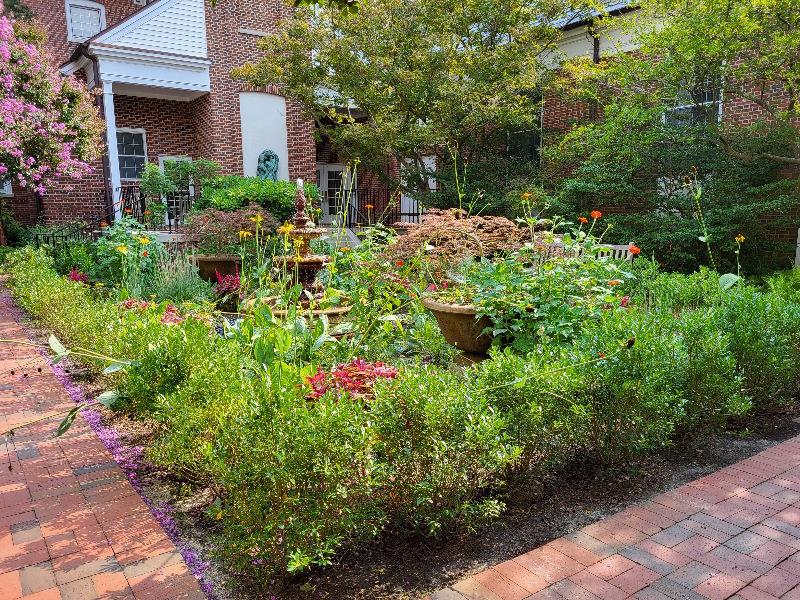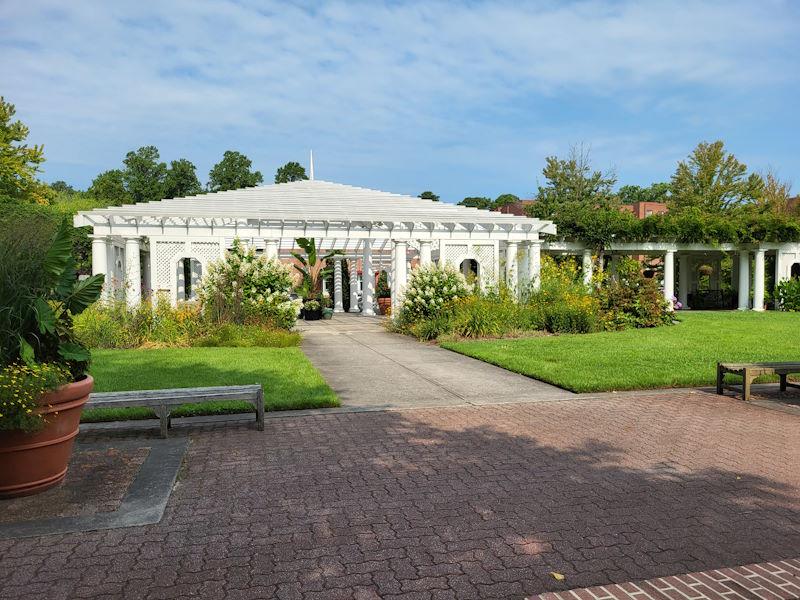Horticulture & Grounds
Salisbury University is a certified Arboretum and home to multiple State Champion trees. For more information, visit the SU Arboretum website.
SU has a campus apiary. Honeybees pollinate all the beautiful flowers found on our campus grounds. Honey is harvested every Fall by student volunteers. The volunteers get to keep the honey and share it with their friends and family.
SU is a certified Monarch Watch butterfly waystation.


Horticulture & Grounds uses various electric lawn equipment to maintain the campus grounds. They also use electric golfcarts for transportation around campus.
Horticulture & Grounds has eliminated the use of neonicotinoid pesticides on the campus grounds.
For more information on SU’s sustainable Horticulture and groundskeeping practices, visit the Horticulture & Grounds website.
